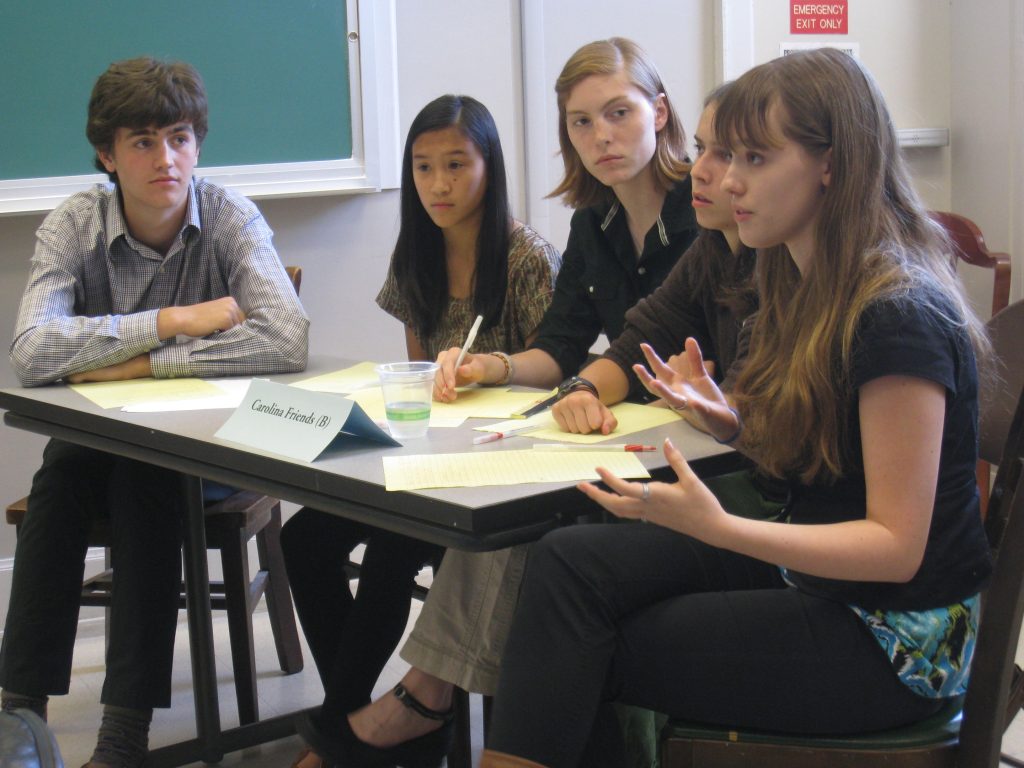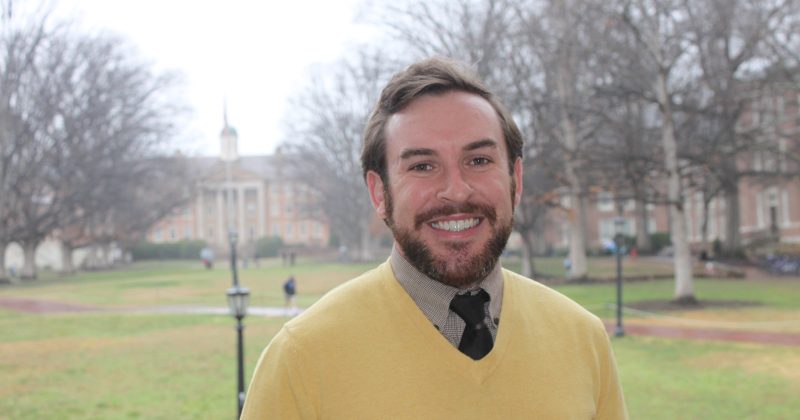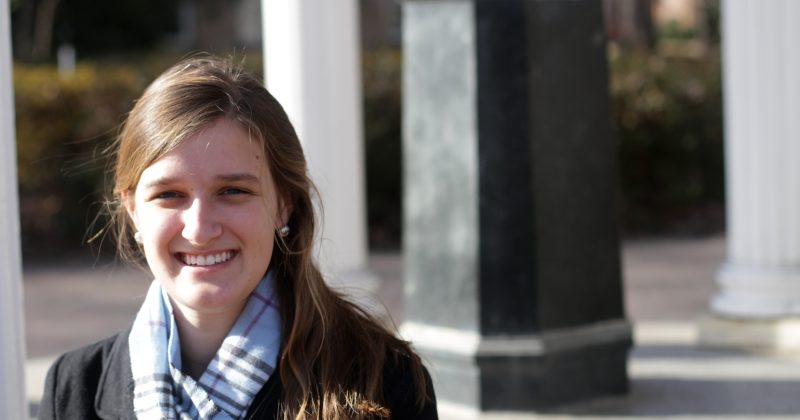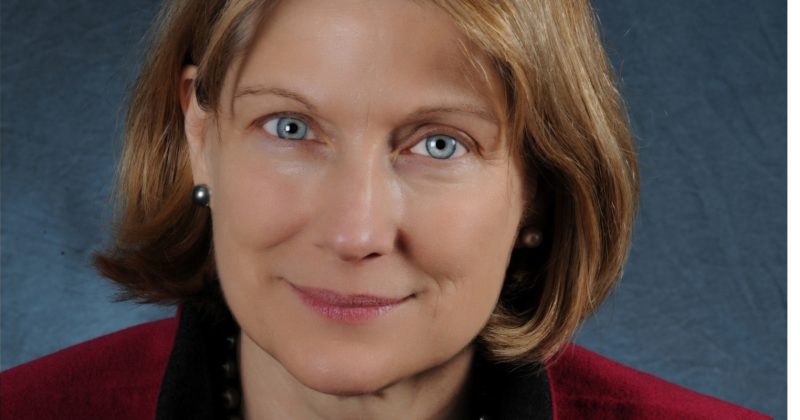
Students discuss ethical dilemmas at the North Carolina High School Ethics Bowl.
Click on the links at the bottom of this story for more features on creative teaching and learning in the College.
It’s a different kind of after-school club.
In a small room in Caldwell Hall, home to the Parr Center for the Ethics, a group of high school students pored over ethical cases, preparing arguments for the dilemma at hand.
A UNC philosophy graduate teaching assistant, Jen Kling, moderated and acted as judge.
It was all in preparation for the North Carolina High School Ethics Bowl at UNC last fall, the third year Carolina has hosted a statewide competition.
Recently, there has been a rising interest in the formation of high school ethics bowl teams across the country. In ethics bowl competitions, small teams of students debate real-world situations, such as a lifeguard leaving his post to save someone outside of his zone or using Facebook to determine job applicants or giving first aid training to Taliban fighters.
UNC is taking the lead in creating a national bowl for high schools this spring.

Carolina’s outreach has led to the creation of Philosophy 592: “Pre-College Philosophy,” a new course that trains undergraduates as coaches for high school ethics bowl teams. Under Michael D. Burroughs, visiting lecturer and outreach coordinator for the Parr Center, undergrads learn the rules of competitions and various ethical theories, while developing teaching and coaching skills.
Months prior to the competition, the teams analyze 15 cases that could be used in the ethics bowl.
The home-schooled team, made up of five students from around the Triangle, tackled two of those issues in their practice with Kling.
When a round was finished, Kling gave each team her critique of their arguments — from tips for addressing the judges, to passing the argument to a colleague.
Respect is key for the ethics bowl: It’s not about polarizing, but promoting civil discourse.
“It’s not a debate,” said Adam Schaefer, assistant director of the Parr Center. “They’re judged on philosophical and critical analysis.”

Applying lessons learned in class
Students in Burroughs’ class spent the first half of the semester learning major ethical theories, which they applied in coaching sessions with their teams in the second half.
Burroughs’ students were assigned in pairs to coach six local high school teams. Although many of the schools were in the Triangle, the Charlotte team corresponded with their undergraduate coaches via Skype and email.
“The class was easily one of my favorites here at UNC, not only because of its innovative endeavors, but because working with such a marvelous set of younger minds proved to be continually moving and meaningful,” said Kelsey Kaul, a senior philosophy major and chemistry minor, who helped coach the Carrboro High School team.
The response from the high school students and community has likewise been positive, said Jan Boxill, director of the Parr Center and a philosophy master lecturer.
When it came time for Kling to question the presenting team again, she was pleased with how they handled it.
“You are never going to get questions that hard,” she said. Laughing, she added, “That was mean.”
But they stuck to their argument, all the while tackling complex moral situations and applying philosophical reasoning, discussing consequential wrongs and if ethical theories can be applied to things like war.
Kiran Bhardwaj, graduate student and Royster Fellow, noted the same things with her team.
“I was lucky to have a philosophy course in high school; most students don’t take philosophy until college, if even then. Yet my students in ethics bowl have the opportunity to engage with practical ethics in a really meaningful way,” she said.
Bhardwaj has coached the East Chapel Hill High School team for the past three years, taking home the win in the highest level of competition for two years.
“They debate what would be right or wrong to do in cases that run the full spectrum: environmental ethics, the way that technology changes the way we interact with the world, the criminal justice system, reproductive issues and so on,” she said.
The East Chapel Hill High School team will go on to compete in the first National High School Ethics Bowl at UNC April 19-20. The bowl will feature regional champions from at least 12 different states.
The Parr Center for Ethics was established in 2004-2005 with a gift from the Gary W. Parr Family Foundation.
[Story by Kristen Chavez ’13]
Read more stories on creative teaching and learning, part of the package “Learning 2.0″:
Intro to entrepreneurship (super course)
Interactive psychology instruction
Physics inside out
When literature and history leap off the page
Champion of undergraduate research
Published in the Spring 2013 issue | Features
Read More

For the Love of History: Clein gift benefits faculty, students
For serial entrepreneur Mark Clein ’81, crafting his strategy for…

A Liberal Arts Rhodes: The road for senior Rachel Myrick leads to Oxford
Senior Rachel Myrick will head to Oxford University on a…


